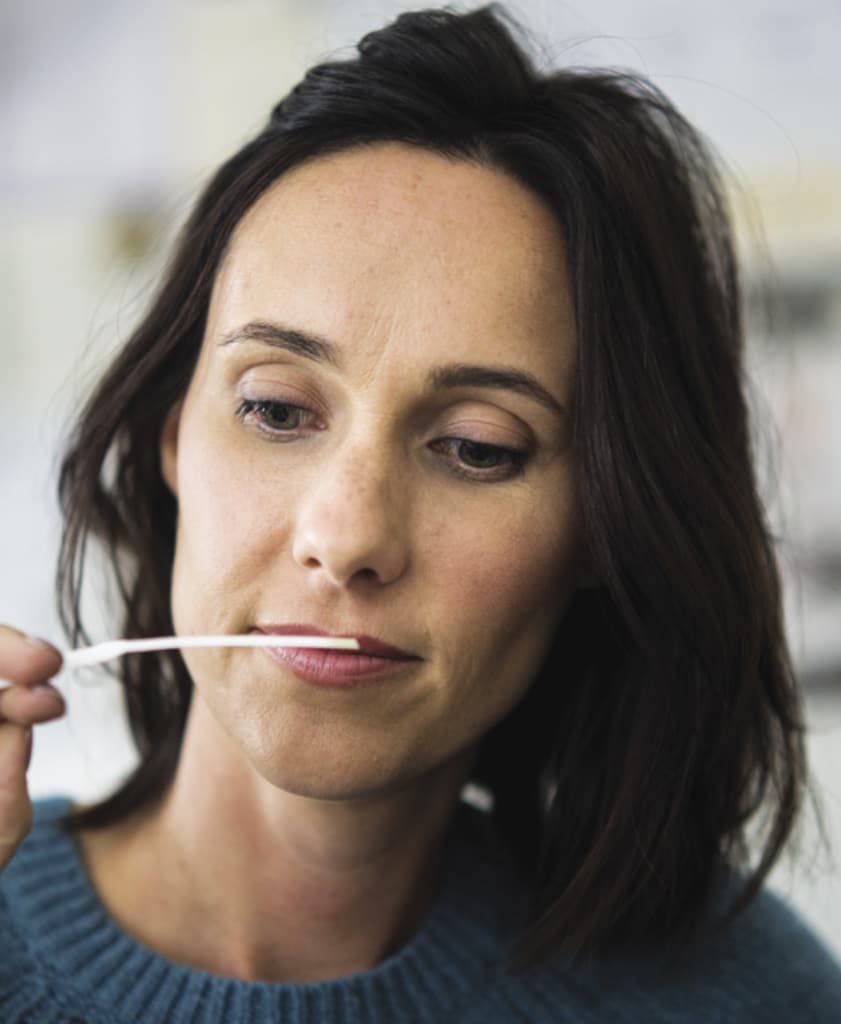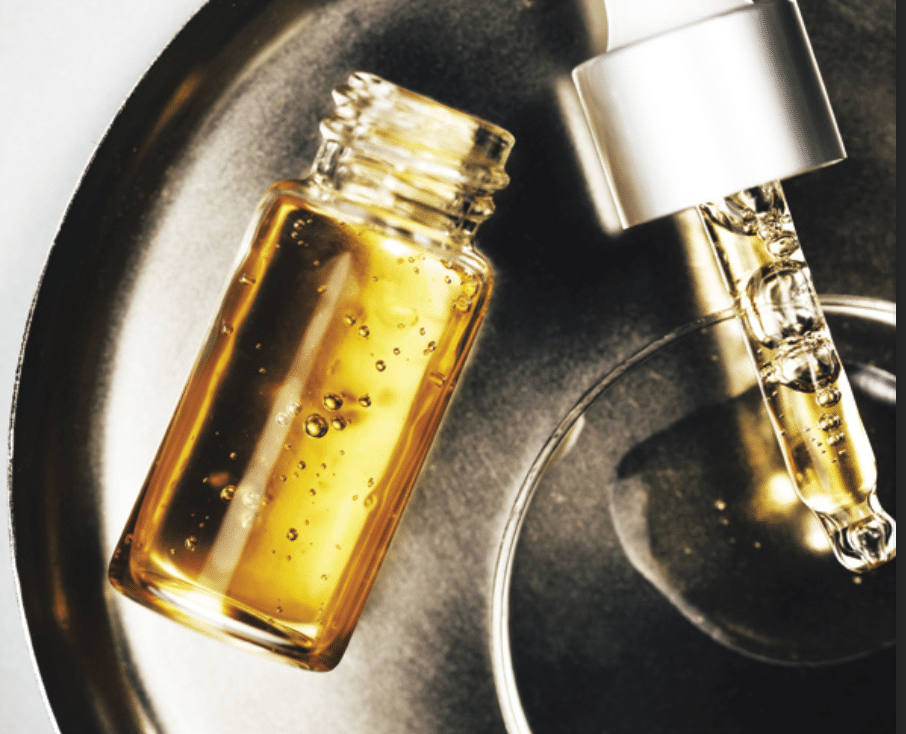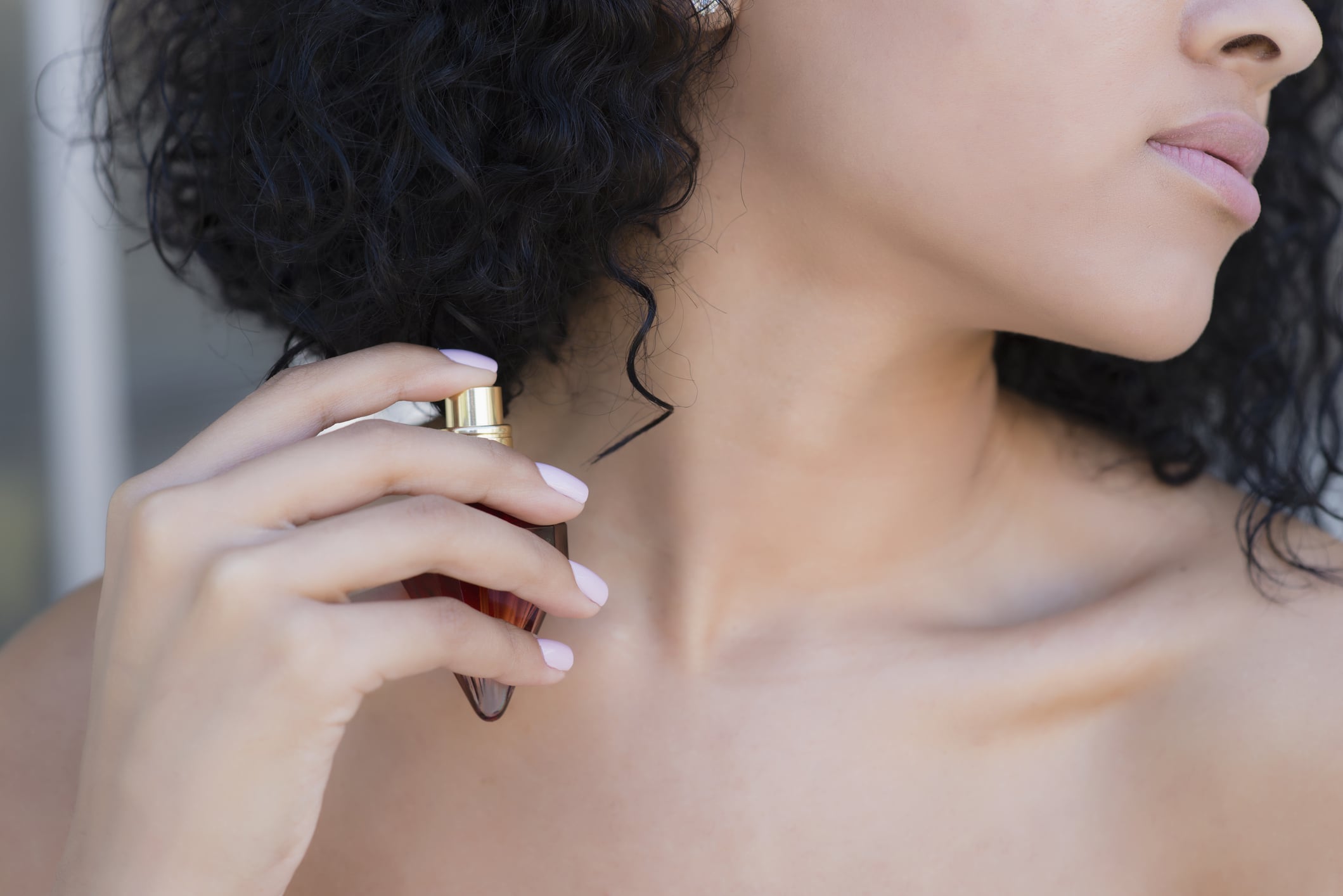Globally, ingredients for most perfumes are often imported from small suppliers in Africa, processed, and then re-exported into the commercial market of their country of origin as the finished product. Now, the continent is beginning to look inward to explore and support ways that local production can be encouraged in furthering the olfactory story of Africa.
BY ALASTAIR HAGGER
TO BREATHE the heady scent of red soil after heavy rainfall is to understand that even the African air itself can smell like heaven.
But for hundreds of years, Africa has also been sharing its evocative fragrance ingredients with the world: fresh, sour orange blossoms from the north; warm and woody myrrh from the east; musky hyraceum (Africa Stone) from the south; floral, sugary ylang ylang from the west.
The global perfume industry is worth around $50 billion, and is dominated by the Western fragrance titans we see glamorously and beguilingly advertised in every multiplex pre-movie advertising segment. Many of these perfume houses own the facilities to extract and distil the essential oils and aromatic compounds that comprise your favorite fragrance’s unmistakeable ‘accord’ of base, middle and top notes. These ingredients are often imported from small suppliers in Africa, processed, and then re-exported into the commercial market of their country of origin as the finished product: the equivalent of me baking a loaf of bread, selling it to you, and then buying it back at a premium, repackaged as a sandwich.

Flush with the realization that quality is not the reserve of large corporations, I set out to find small-scale farmers and artisanal distillers of essential oils in South Africa. In the process I built up a collection of ingredients that are unique to our continent.
Marie Aoun
Three market disruptors with African roots are looking to reconfigure the way we think about our relationship with perfume by instead placing African ingredients front and center in their products’ identities, and challenging some of the industry’s unsustainable and environmentally disruptive processes that don’t always smell quite so sweet.
Marie Aoun is the owner of South African parfumerie Saint d’Ici, which uses African plants “to create perfumes from botanical extracts in the form of absolutes, CO2 extracts, tinctures and essential oils.” While taking a course in Italy with the natural perfumer Dominique Dubrana, Aoun understood that locally sourced ingredients provided fragrance distillations equal or superior to those of the most highly-regarded French perfume houses.
“This process was pure magic,” she says. “Flush with the realization that quality is not the reserve of large corporations, I set out to find small-scale farmers and artisanal distillers of essential oils in South Africa. In the process I built up a collection of ingredients that are unique to our continent.”
These scent-rich raw materials include mopane (balsam tree), African bluegrass (part of the lemongrass family), and the fine-leaved fynbos indigenous to the Western and Eastern Capes.
“At first, these were tricky to work with, and it took me a while to understand how to incorporate them into a western style of perfumery,” Aoun says. “Once I learned to love them, I realized how essential they were to creating perfume with a sense of place. Hence the name Saint d’Ici: ‘of here’.”
While it remains impossible to source every ingredient from Africa, due to specific geographies, the continent is beginning to look inward to explore and support ways that local production can be encouraged.
“Although South Africa is not a giant in the international essential oil industry, it is still a player,” says Aoun. “The South African government also incentivized essential oil production for cooperatives and small-scale farmers, so there has been a fair amount of experimentation with a broad range of plants. In many ways, I’m in a lucky geography that enables me to source a fair amount locally.”
At the heart of Aoun’s work is a commitment to ensuring that her perfumes are produced not only with locally-sourced ingredients, but also in a manner that respects their original integrity and the environment from which they emerged. The components of her perfume bottles are all recyclable and reusable, and the key ‘carrier’ for fragrant oils and compounds, alcohol, is utilized in a way that runs counter to convention.
“The contemporary perfume industry is built on industrial- scale synthesized molecules that are heavily marketed to appear as a luxury good,” she says. “I steer clear of so-called natural isolates and prefer to pay the high taxes for an alcohol that has not been denatured (the process by which alcohol’s characteristic molecular properties are destroyed in order to discourage ingestion). In many ways, the loudness of single molecules is what defines modern perfumery – but I only work with subtler ‘whole’ ingredients. Although some people respond to the perfumes deeply, like a homecoming, others need time. I refer to this as a process of unlearning.”
Northwards now up the briny Atlantic to London, where the Swedish-born perfumer Maya Njie creates fragrances shaped and influenced by her “esoteric” Gambian heritage.
With a background in surface design and photography, her journey into the world of perfume began with experiments that incorporated scent in her art projects. “I had a desire to tell an olfactory story through smells, and align it with my visual designs,” she says. “The starting point was my heritage – my grandfather’s home, or the smell of wood, leather and incense in craft markets in Serrekunda. I started blending oils that reminded me of these places and scented my work, and this became my ‘multi-sensory extension’, if you like.”
She is mindful of the wider industry’s noisome impact on the natural environment, as the accumulation of raw materials and production of perfume ingredients has traditionally involved heavy deforestation and the use of fossil fuels in distillation and extraction processes. Maya Njie Perfumes is supporting Ecologi, a reforestation and carbon reduction social enterprise, “as a way of lowering my CO2 emissions in the UK but also to help them in their worldwide quest. They plant trees, most recently in Uganda, and support forest restoration in Kenya,” she says.
Now that her brand is established in the west, Njie is aiming to strengthen ties with the continent that inspires many of her creations. “I was searching for local farmers when I was in Gambia last, and will continue to do so,” she says. “I am also very much open to working with niche perfume outlets in Africa, looking to widen my range of stockists as I grow.” Back in red-soiled Botswana, entrepreneur Thamani Thothe harnesses the natural qualities of the humble marula tree in her brand White Label Fragrances. The juicy, stickily aromatic marula fruit, which can be seen decorating the ground like globs of green toffee at the height of the Botswana summer, can be pressed to make a luxurious carrier oil for perfumes, and other cosmetics such as body oil.
The starting point was my heritage – my grandfather’s home, or the smell of wood, leather and incense in craft markets in Serrekunda.
Maya Njie
“Some people are allergic to the ethanol used in fragrances, so we create scents using essential oils and replace the ethanol with marula oil,” Thothe says. She was inspired to start the company in 2017, with a long-term vision of creating a business which is truly African in its scope and ambition.

“I think I didn’t like the idea of looking at a fragrance advert, and it being very European or westernized,” she says. “I understood that there are ingredients in Botswana and in Africa that we can use for our products, and that’s when I started exploring the ingredients that we have locally: we use Kalahari melon seeds, we use acacia, we use African rose, we use myrrh from Namibia. But there’s so much that we need to explore. We still don’t have an infrastructure that allow us to extract oils naturally, and for us to be able to distil them properly to international standards. So, this is why, right now, it was important for me have a hand in the value chain of the business.”
Thothe is Chairperson of the Cosmetic Sector of the Natural Products Association of Botswana, and is currently working on projects designed to eventually lead to the establishment of essential oil distilleries in the country.
“I’ve realized the importance of the power that we have as a business, to empower other people to have their own businesses,” she says. “We want to develop communities that have potential, look for areas that are rich in these plants, and create an industry in that area where the community can actually benefit from that distillery.”
This determination to carve out territory, in a market that can be exploitative and dismissive towards the continent to which it owes so much, could be a powerful catalyst for lasting change in the industry – and has much wider cultural implications.
“In Africa, we are given a lot of stuff to use, stuff to wear, which we just sort of adopt,” Thothe says. “We don’t have an image of our own. I felt it was very important, as someone who’s pioneering this in Botswana, to show that’s it’s possible to have a luxury African product that can stand at the same level. It’s high time that businesses like mine show fellow Africans that we can do it.”

